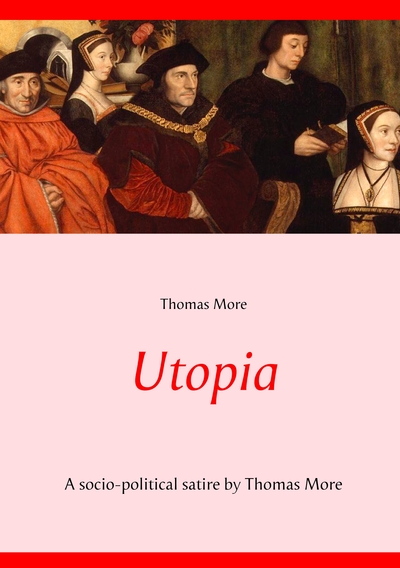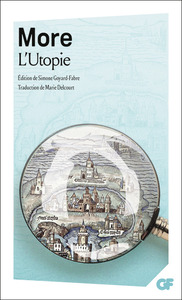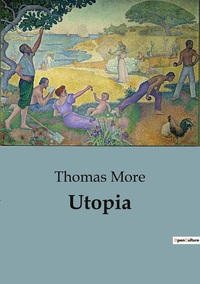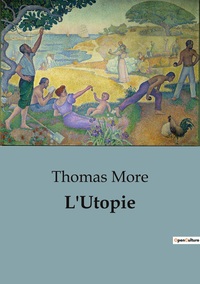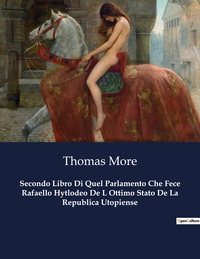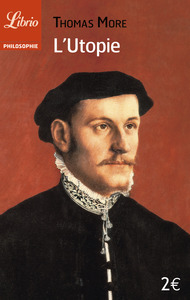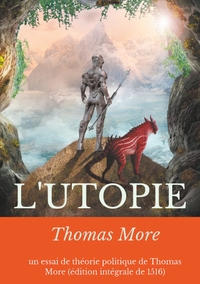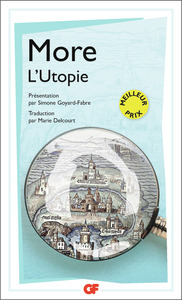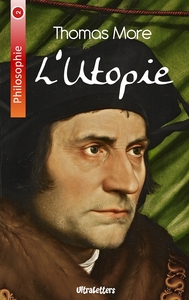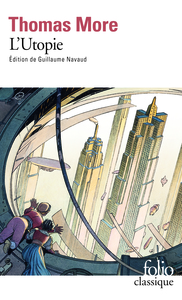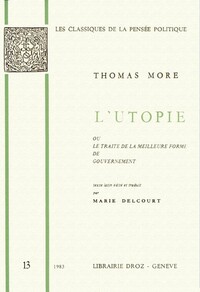Nous utilisons des cookies pour améliorer votre expérience. Pour nous conformer à la nouvelle directive sur la vie privée, nous devons demander votre consentement à l’utilisation de ces cookies. En savoir plus.
Utopia
Books On Demand - EAN : 9782322134229
Édition papier
EAN : 9782322134229
Paru le : 8 févr. 2019
18,00 €
17,06 €
Disponible
Pour connaître votre prix et commander, identifiez-vous
Notre engagement qualité
-
 Livraison gratuite
Livraison gratuite
en France sans minimum
de commande -
 Manquants maintenus
Manquants maintenus
en commande
automatiquement -
 Un interlocuteur
Un interlocuteur
unique pour toutes
vos commandes -
 Toutes les licences
Toutes les licences
numériques du marché
au tarif éditeur -
 Assistance téléphonique
Assistance téléphonique
personalisée sur le
numérique -
 Service client
Service client
Du Lundi au vendredi
de 9h à 18h
- EAN13 : 9782322134229
- Réf. éditeur : 034275
- Editeur : Books On Demand
- Date Parution : 8 févr. 2019
- Disponibilite : Disponible
- Barème de remise : NS
- Nombre de pages : 120
- Format : H:210 mm L:148 mm
- Poids : 185gr
- Résumé : Utopia (Libellus vere aureus, nec minus salutaris quam festivus, de optimo rei publicae statu deque nova insula Utopia) is a work of fiction and socio-political satire by Thomas More (1478-1535) published in 1516 in Latin. The book is a frame narrative primarily depicting a fictional island society and its religious, social and political customs. Many aspects of More's description of Utopia are reminiscent of life in monasteries. Utopia was begun while More was an envoy in the Low Countries in May 1515. More started by writing the introduction and the description of the society which would become the second half of the work and on his return to England he wrote the "dialogue of counsel", completing the work in 1516. In the same year, it was printed in Leuven under Erasmus's editorship and after revisions by More it was printed in Basel in November 1518. It was not until 1551, sixteen years after More's execution, that it was first published in England as an English translation by Ralph Robinson. Gilbert Burnet's translation of 1684 is probably the most commonly cited version. The work seems to have been popular, if misunderstood: the introduction of More's Epigrams of 1518 mentions a man who did not regard More as a good writer. The eponymous title Utopia has since eclipsed More's original story and the term is now commonly used to describe an idyllic, imaginary society. Although he may not have directly founded the contemporary notion of what has since become known as Utopian and dystopian fiction, More certainly popularised the idea of imagined parallel realities, and some of the early works which owe a debt to Utopia must include The City of the Sun by Tommaso Campanella, Description of the Republic of Christianopolis by Johannes Valentinus Andreae, New Atlantis by Francis Bacon and Candide by Voltaire. The politics of Utopia have been seen as influential to the ideas of Anabaptism and communism.[citation needed] While utopian socialism was used to describe the first concepts of socialism, later Marxist theorists tended to see the ideas as too simplistic and not grounded on realistic principles. The religious message in the work and its uncertain, possibly satiric, tone has also alienated some theorists from the work. An applied example of More's Utopia can be seen in Vasco de Quiroga's implemented society in Michoacán, Mexico, which was directly inspired by More's work.
- Biographie : Thomas More, latinisé en Thomas Morus (7 février 1478, Londres - 6 juillet 1535, Londres), est un chanoine, juriste, historien, philosophe, humaniste, théologien et homme politique anglais. Grand ami d'Érasme, érudit, philanthrope, il participe pleinement au renouveau de la pensée qui caractérise cette époque, ainsi qu'à l'humanisme, dont il est le plus illustre représentant anglais. Nommé « Ambassadeur extraordinaire », puis « Chancelier du roi » par Henri VIII, il désavoue le divorce du Roi et refuse de cautionner le schisme avec Rome : il démissionne de sa charge en 1532. Devant la persistance de son attitude, il est emprisonné, puis décapité comme « traître ». Béatifié le 29 décembre par l'Église catholique en 1886 sur ordre du pape Léon XIII, Thomas More est canonisé - saint Thomas More - le 19 mai en 1935 par le pape Pie XI.

